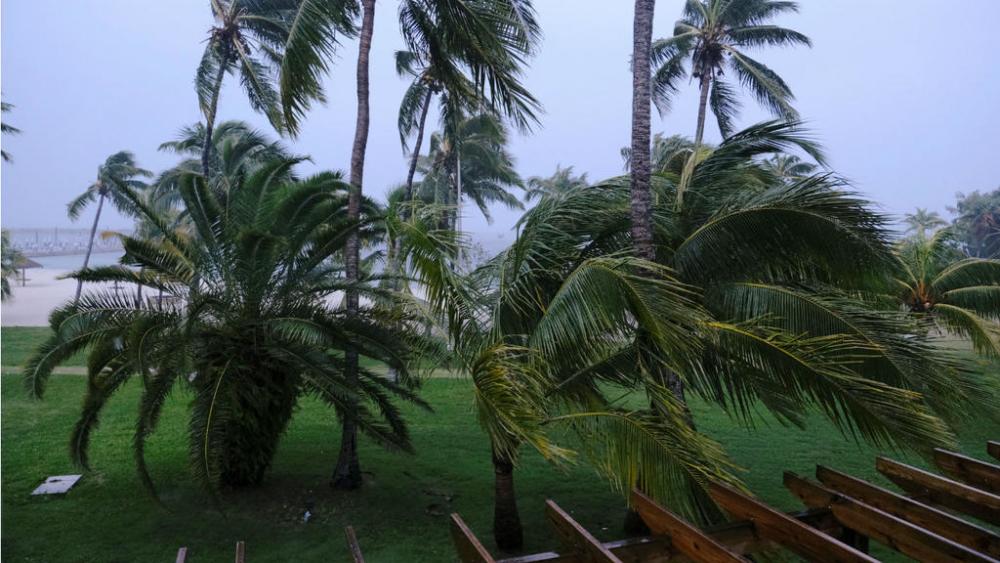The Bahamas: Hurricane Dorian
Natural disaster

Hurricane Dorian – a category 5 hurricane – made landfall over the northern Bahamas from 1-3 September, resulting in wind speeds of up to 300km/h and storm surge flooding of 18-23 feet (5.5-7 metres) above normal tide levels.
The Abaco Islands and Grand Bahama were the most severely affected areas. Initial assessments for Abaco found widespread destruction, with thousands of homes leveled, telecommunications towers down, and water wells and roads damaged. There was very limited or no water, electricity or sanitation. In Marsh Harbour, most of the infrastructure was damaged. The death toll stands at 53 with thousands still missing.
From 7‒22 September, the ETS supported the government response under its National Emergency Management Agency (NEMA) and in close coordination with the Caribbean Disaster Emergency Management Agency (CDEMA). The main priority of the government of the Bahamas remains to finalize the full recovery of Mobile Network Operators (MNOs) BTC and Aliv. Local ETS partners provided connectivity in five priority locations on Abaco island: Marsh Harbour port, Marsh Harbour international airport, the Emergency Operations Centre (EOC) at a Government building, Maxwell Supermarket and Marsh Harbour hospital throughout the response.
As the national response moved to the recovery phase, WFP engaged with the government of the Bahamas to implement the ETS transition plan, hand over services to NEMA and phase out ETS activities. The ETS operation in the Bahamas phased out as of 22 September as local services became available.
Connectivity equipment was provided by ETS partners on the ground as well as by Eutelsat and Hispasat ‒ and services by Inmarsat ‒ as part of the Crisis Connectivity Charter, which was activated on 4 September. The ETS with local partners CISCO TacOps, Ericsson Response, Government of Luxembourg, Information Technology Disaster Resource Centre (ITDRC), NetHope, Télécoms Sans Frontières (TSF), Vodafone Foundation and the World Food Programme (WFP) were on the ground in Nassau, Abaco and Grand Bahama establishing critical connectivity services for responders and the affected population.